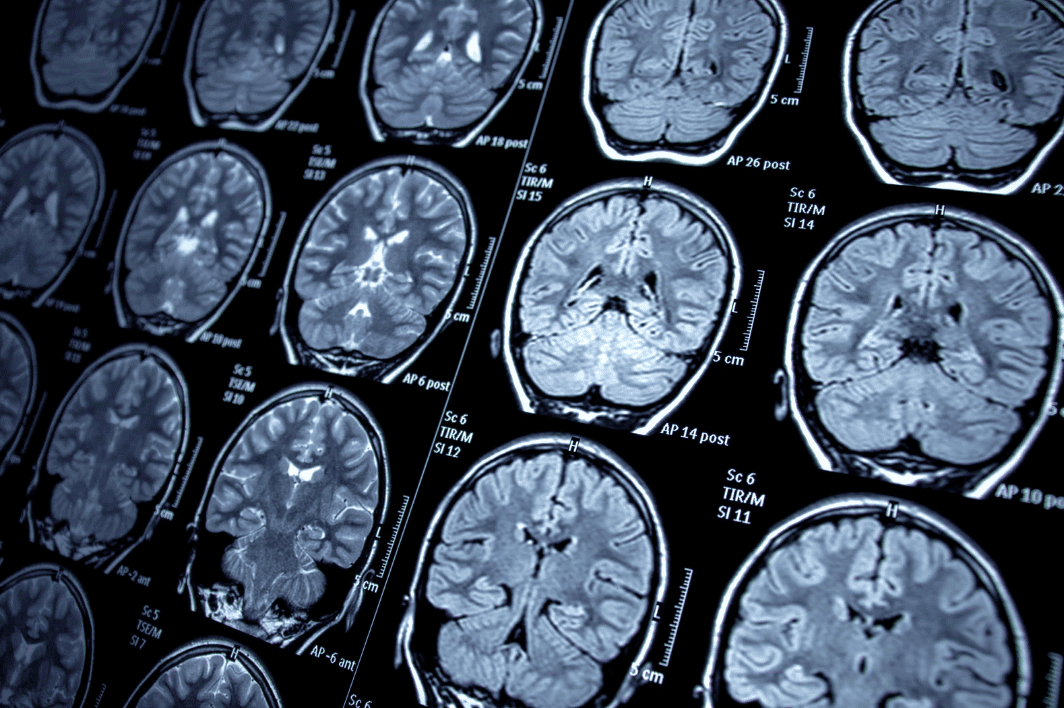
Sarah Rice BSc. (Hons), MCOptom (UK), MHP, NNP
Metabolic Psychiatry explores the connection between metabolism and mental health, using targeted therapies such as diet and lifestyle to improve conditions like depression, anxiety, and even severe psychiatric disorders.
By focusing on how metabolic processes impact brain function, this emerging field is reshaping the way we understand and treat mental health. Could nutrition be the missing link in psychiatric care?
Ketogenic diet & Epilepsy
Metabolic psychiatry is an area that has experienced significant growth in the last few months. This is a rapidly growing field that offers hope to those battling severe mental illness. A recent review comments on the emerging evidence demonstrating the ketogenic diet to be a feasible and well-tolerated intervention (1). The ketogenic diet is a well-known intervention for treating epilepsy with a history dating back 100 years. Given that the field of psychiatry also uses epilepsy medications, it is unsurprising that ketogenic interventions are yielding positive results for mental health conditions (1, 2). The shared pathophysiology of epilepsy and some psychiatric conditions adds to the evidence that ketogenic applications might be helpful in this situation. Several versions of the ketogenic diet have been developed for metabolic therapies, tailored for individual response and therapeutic targets, but for reference, the classic ketogenic diet sits around 80% fats, 15% proteins, and 5% carbohydrates (1).
The state of ketosis, as promoted by ketogenic metabolic therapy, has multiple therapeutic effects. In this metabolic state, the liver produces ketone bodies from fatty acids, which are used as a source of energy. Brain glucose hypometabolism appears to be a component of mental health disorders, and ketone bodies are readily used by the brain as a source of energy. In addition, nutritional ketosis promotes neurotransmitter regulation, reduces neuroinflammation, is neuroprotective and treats metabolic dysregulation such as insulin resistance (1–5). In this way, a ketogenic approach may also be protective and ameliorate the side effects of some psychiatric medications known to cause metabolic disorders (2).
Backed by science:
A recent groundbreaking study by Campbell et al. recruited 26 participants with bipolar disorder and used a modified ketogenic intervention over 6–8 weeks. This approach consisted of macronutrient targets in the range of 60–75% calories from fats and 5–7% of calories from carbohydrates. The diet was modified on an individual basis to meet target ketones of 1–4 mmol/L and plasma glucose of 4–7.8 mmol/L. The results showed this approach to be feasible and an improvement in metabolic health markers was found. A positive correlation between daily ketone levels and mood and energy scores was observed (2).
Schizoaffective disorder
Schizoaffective disorder is another serious psychiatric condition that has been shown to respond to ketogenic metabolic therapy (KMT) (3). Laurent et al. investigated the effect of KMT on two individuals who had not responded to standard medication modalities. Both individuals experienced significant improvements over the first 6–8 weeks, with ongoing improvements tracked to 24 weeks. Both cases experienced remission of their symptoms and deprescription was either complete or in progress at the time of follow-up (3). These results are supported by a recent preclinical study demonstrating the ability of ketone bodies to improve brain energetics and reduce neuroinflammation (4).
Backed by science:
Another case study in February saw KMT produce remission of chronic major depressive disorder described as lifelong and treatment-resistant. In this case, symptoms were severe and progressive over 25 years with no energy or ability to handle routine responsibilities. Symptoms rapidly improved over 8 weeks, with the PHQ-9 (Patient Health Questionnaire) dropping from 25 (severe) to 0 (remission). These changes were so profound this individual stated the following: “I’m going back to school to get a master’s in nutrition science; the program starts next spring! I feel that my brain is ready to learn new things and that I am able to start a new career.”
These compelling results should give us hope that a better model of care is on the horizon for those experiencing severe mental illness. While complete remission may not be achievable for everyone, further research is urgently required to assess generalisability and develop best practices for implementing this adjunctive treatment strategy for those who wish to access it.
Note: Due to the potentiation effects of the ketogenic diet in conjunction with psychiatric symptoms and the potential interaction with medications, it is imperative that individuals wishing to try this approach do so under the supervision of their healthcare team. The additional support of professionals experienced in the application of ketogenic metabolic therapies is advised.
Further resources
Further reading can be found on the metabolic psychiatry page of the Nutrition Network reference resource. Nutrition Network has several training modules that speak to mental health including Metabolism and the Mind & Keto for Migraines, Epilepsy and Alzheimer’s disease
References
- Boltri, M. et al. (2025) ‘Keto-Therapy: Unveiling the Potential of Ketogenic Diet in Psychiatric Care – A Scoping Review’, Nutrition, p. 112710. Available at: https://doi.org/10.1016/j.nut.2025.112710. ABSTRACT
- Campbell, I.H. et al. (2025) ‘A pilot study of a ketogenic diet in bipolar disorder: clinical, metabolic and magnetic resonance spectroscopy findings’, BJPsych Open, 11(2), p. e34. Available at: https://doi.org/10.1192/bjo.2024.841.
- Laurent, N., Bellamy, E.L., Tague, K.A., et al. (2025) ‘Ketogenic metabolic therapy for schizoaffective disorder: a retrospective case series of psychotic symptom remission and mood recovery’, Frontiers in Nutrition, 12, p. 1506304. Available at: https://doi.org/10.3389/fnut.2025.1506304.
- Huizer, K. et al. (2025) ‘Potential benefits of ketone therapy as a novel immunometabolic treatment for schizophrenia’, Psychiatry Research, 345, p. 116379. Available at: https://doi.org/10.1016/j.psychres.2025.116379.
- Laurent, N., Bellamy, E.L., Hristova, D., et al. (2025) ‘Ketogenic metabolic therapy in the remission of chronic major depressive disorder: a retrospective case study’, Frontiers in Nutrition, 12. Available at: https://doi.org/10.3389/fnut.2025.1549782.
